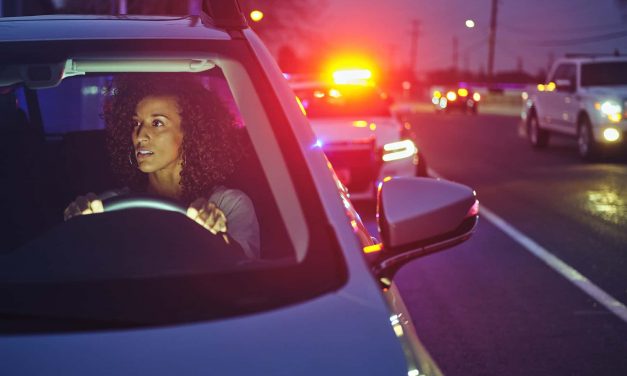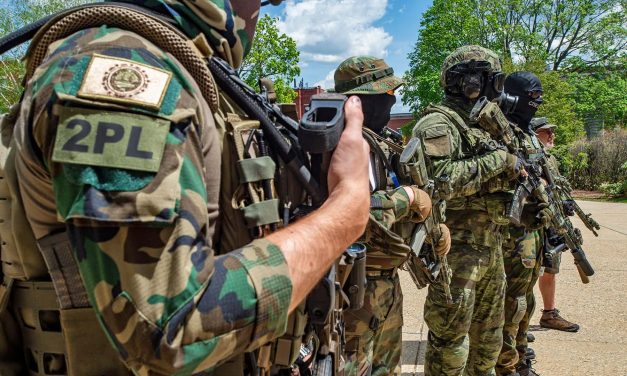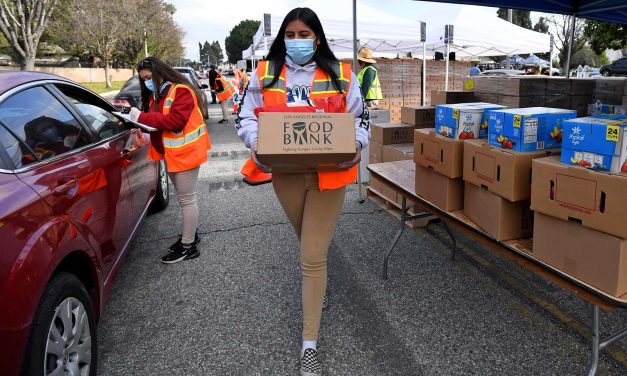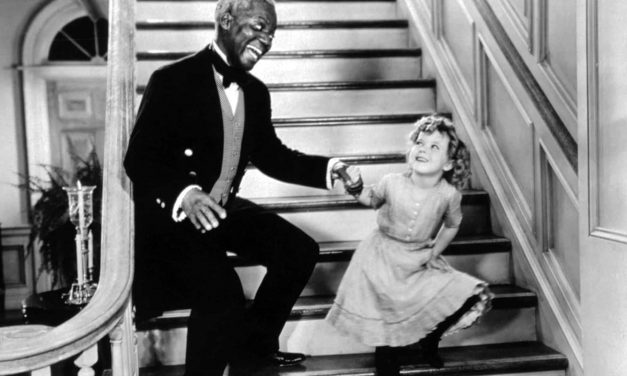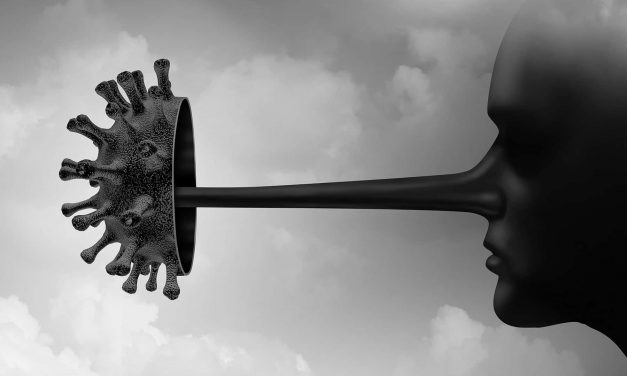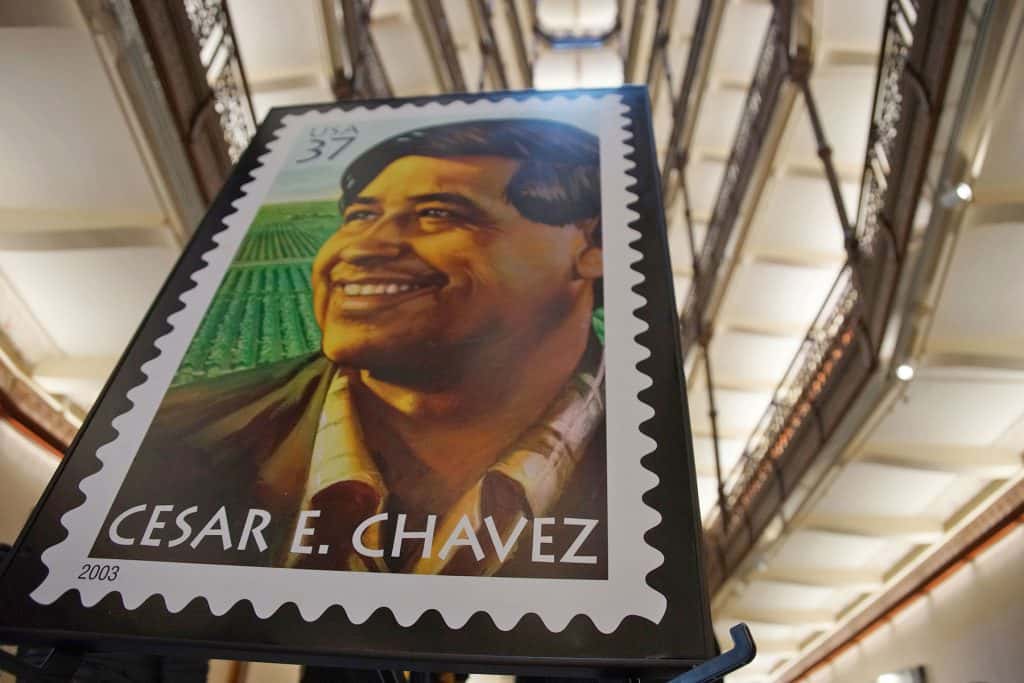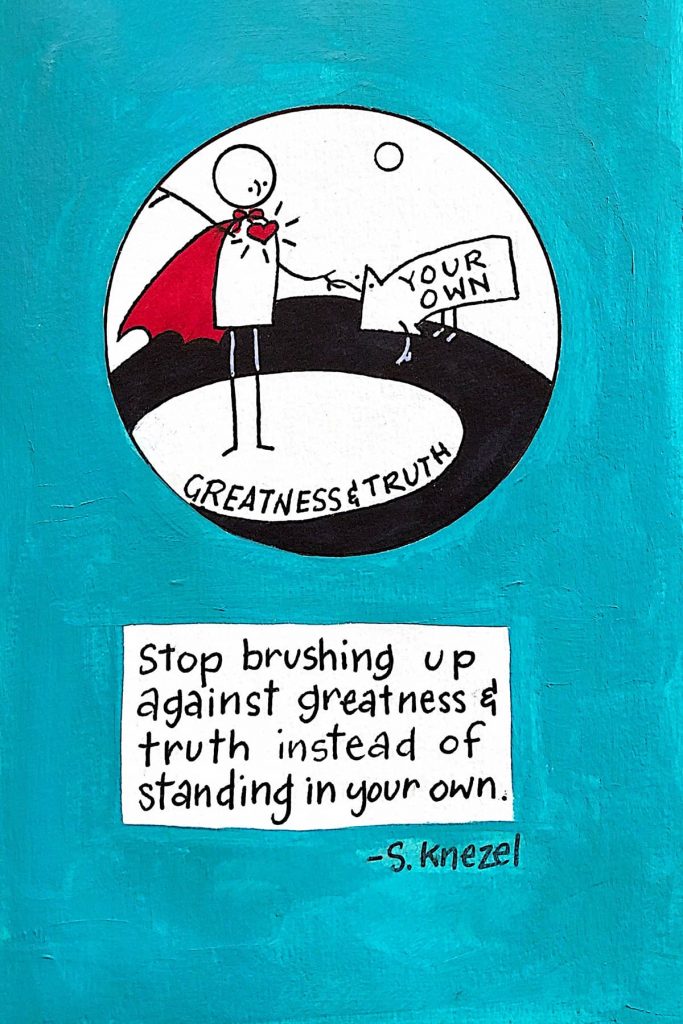Cycles of debt: Research indicates that driver’s license suspensions over unpaid fines targets Black drivers
By Sian Mughan, Assistant Professor of Public Affairs, Arizona State University Imagine being unable to pay a US$50 traffic ticket and, as a result, facing mounting fees so high that even after paying hundreds, maybe thousands, of dollars toward your debt you still owe money. Imagine being fired from your job because you’ve been forced to use unreliable public transportation instead of your car. And imagine going to jail several times because, even though your license is suspended, you had to drive to work. These are some of the situations facing millions of Americans who were unable to pay...
Read More
